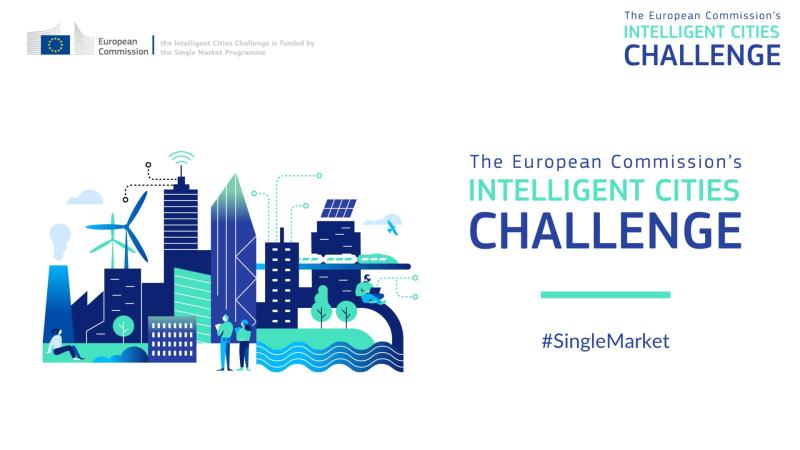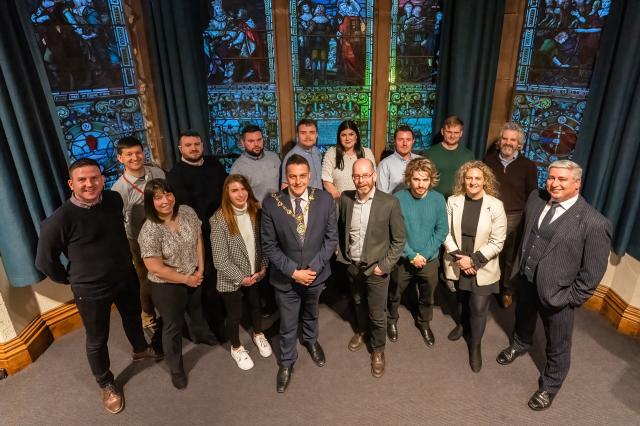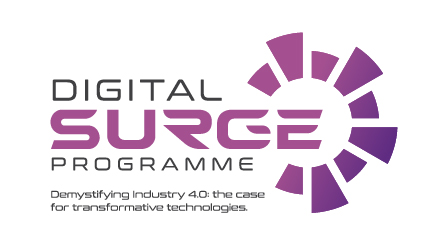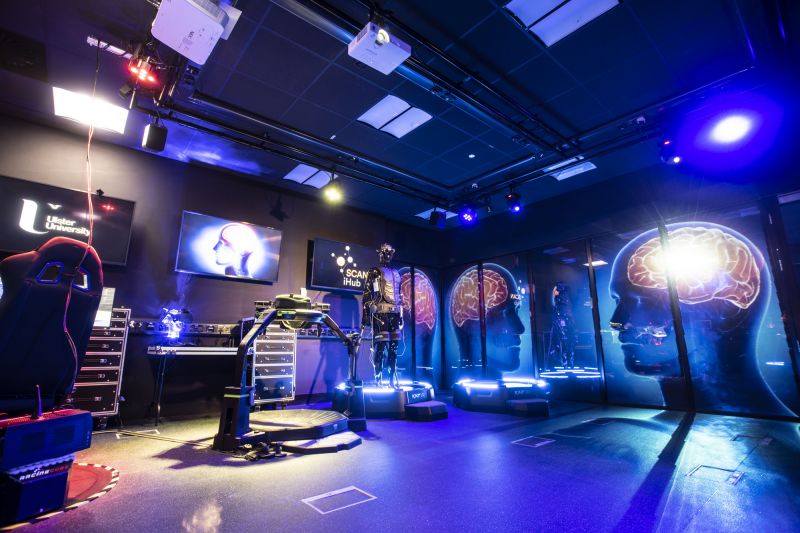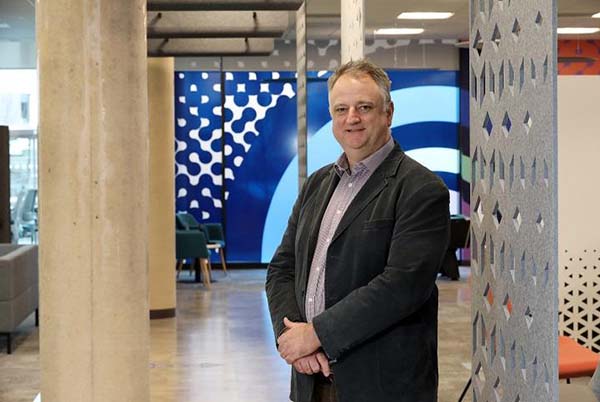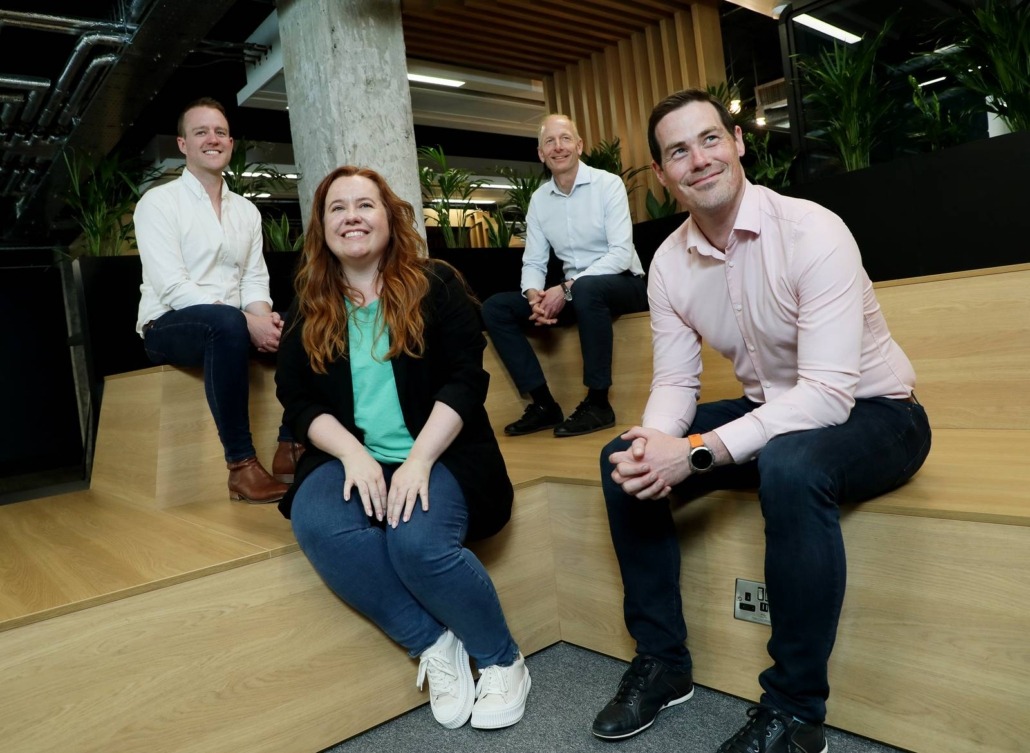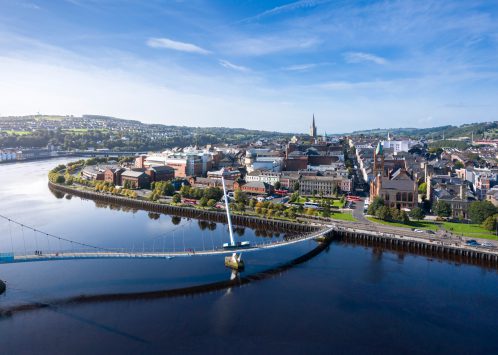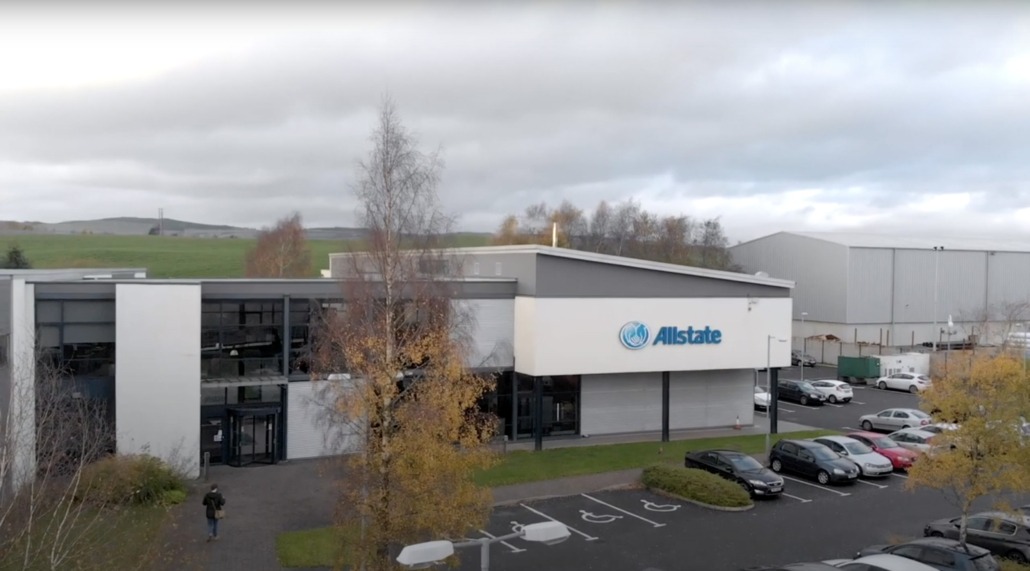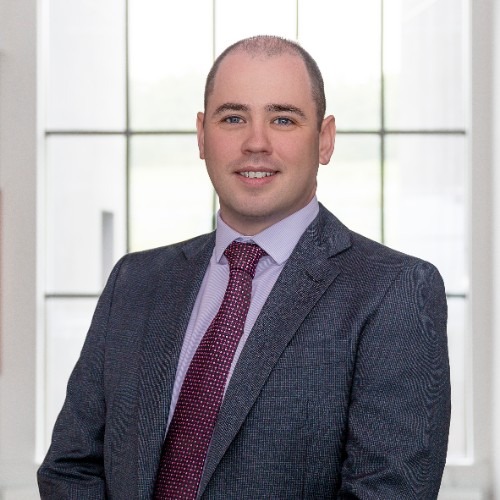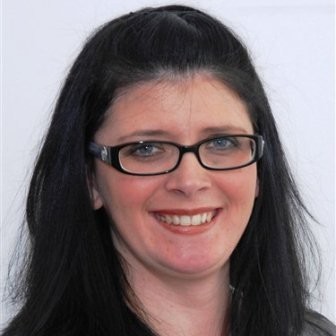Invest Northern Ireland and the Department for the Economy have announced a £16.3 million investment in a new state of the art Artificial Intelligence Collaboration Centre (AICC), to be based at Ulster University in partnership with Queen’s University Belfast.
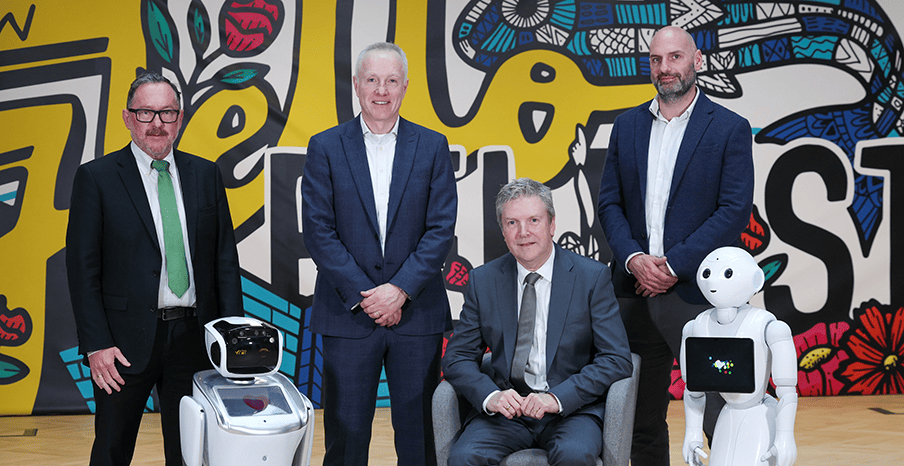
The Centre will focus on increasing business awareness and adoption of Artificial Intelligence (AI) technology to boost competitiveness and productivity across all industries including logistics, finance, life-sciences, manufacturing and Agri-Tech.
The AICC was formally launched at an event on Ulster University’s Belfast campus today. As well as speakers from both Universities and Invest Northern Ireland, attendees heard reflections from Brian Hills, Chief Executive of The Data Lab, on their journey to setting up a similar AI centre in Scotland. There was also a panel discussion on the opportunities and challenges for AI adoption in Northern Ireland with contributions from Kainos, FinTrU, Analytics Engines, Whitespace and both Universities.
“We are in the midst of an AI driven revolution and through this investment we will harness the transformative power of AI, ensuring its potential is diffused and applied to a broad business base which will encourage economic growth and be of great benefit to our people and society.
“This collaborative project, with bases in Belfast and Derry, will serve as a hub for innovation, bringing together research expertise and industry professionals to collaborate on cutting-edge projects and solutions.
“The centre, the people who work there and the important work it will deliver will be an important contributor to my wider economic vision as we aim to raise productivity, promote regional balance, reduce carbon emissions and deliver good jobs.
“As part of today’s announcement, the Department has offered almost £2.5 million to support additional AI and Data Science postgraduate qualifications to be delivered by Ulster University and Queen’s University Belfast to expand the capacity of our talent pipeline to meet industry need.”
Economy Minister: Conor Murphy
The AICC, with bases at Ulster University’s Belfast and Derry/Londonderry campuses and Queen’s, will also encourage greater industrial innovation and collaboration with academia to increase both local and FDI investment. The provision of additional training and professional qualifications in AI will also be delivered through both Universities.
“Our support of £13.8 million over the next 5 years is to increase business knowledge and adoption of AI technology. AI is one of the most important technological developments of the modern era and has the potential to deliver important benefits such as R&D excellence, skills development and increased competitiveness. With some 100 local companies already currently using AI technologies in their operations we have an excellent foundation to build upon our capabilities locally.
“As a region we are already recognised as an area of excellence in the realm of Big Data and data analytics. We now have the opportunity to make our mark in the AI arena and to realise the economic benefits that will come from adopting AI right across our business landscape to improve productivity, deliver good jobs, reduce costs and enhance sectoral competitive positioning.”
Dónal Durkan, Executive Director of Strategy and Partnerships at Invest NI,
“As an academic institution we are proud to be leading the way in cutting edge research relating to the application of AI in business settings. The AICC represents a new resource of 25 dedicated staff who will use their existing knowledge and expertise to inform, educate and empower businesses to adopt AI, as well as stimulating new research and innovation for the responsible adoption of AI.
“In partnership with Queen’s University Belfast we will deliver 390 funded Postgraduate AI qualifications and also classroom-based or online skills training to thousands of workers across Northern Ireland over the next five years.
“The AICC looks forward to working in conjunction with industry to increase adoption of AI while simultaneously creating the AI workforce of the future through the development of new qualifications.”
Professor Brian Meenan, the Ulster University AICC Principal Investigator,
“AI and machine learning are evolving at an amazing rate and major developments are occurring at a monthly level. It offers enormous potential to transform business operations, so university-industry interaction is vital to ensure effective and fruitful engagement. Queen’s academics can provide insights into productivity improvements and help create innovative solutions for challenging problems using state-of-the-art AI approaches.”
Professor Roger Woods, the Queen’s University Principal Investigator


